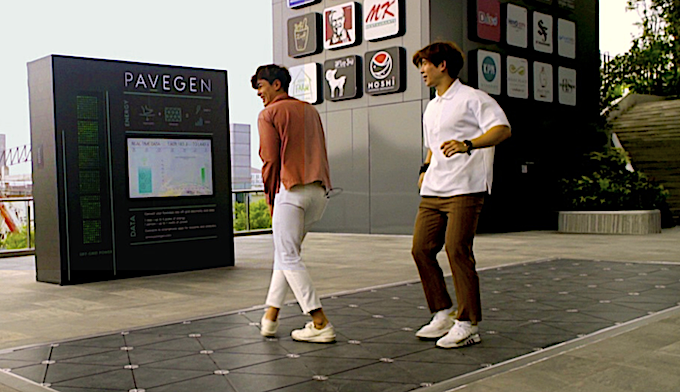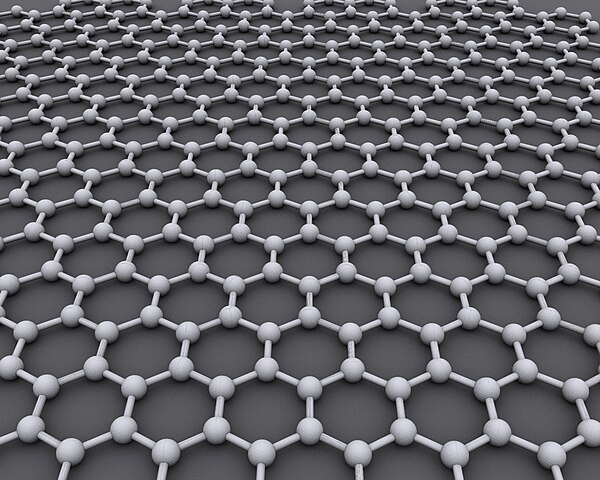Increasing electricity prices and fluctuations in the availability of renewable energy inspired some creative thinking around alternative ways to generate power. Now a pioneering company in sustainable energy solutions, is finding its feet with a growing fanbase and a bunch of new installations at universities and innovation centres globally. Can footstep generated energy light up our business districts in future?
Pavegen developed a system of tiles that transforms the kinetic energy of footsteps into electricity, creating a steady power source in high-traffic areas like city streets, airports, and schools. Shopping malls, with their constant foot traffic, are particularly effective, serving as micro energy hubs. The installations not only generate renewable energy in these spaces but also incentivize participation by offering power credits and digital rewards to shoppers. This dual benefit of reliable power generation and consumer engagement could help reduce carbon “footprints” within urban areas whilst engaging the public to think about playing a more active role in sustainability.
The company was founded in 2009 by Laurence Kemball-Cook, inventor of the “kinetic tile”. Inspired by the immense energy potential of human footfall, the young engineer envisioned a world where everyday actions could power cities. This idea led to the development of floor tiles that convert the kinetic energy from footsteps into clean electricity and found support from the UK Prime Minister at the time. The reportedly rather dapper Mr Kemball-Cook also has a good eye for design. He set up Pavegen while studying Industrial Design and Technology at Loughborough University. Now Pavegen runs a research and development office in Cambridge, England and has installed over 200 projects across 37 different countries.
Pavegen aims to reduce reliance on traditional energy sources and contribute to a greener future. But data acquisition is also becoming an increasingly important side of the business. The company collects foot traffic pattern data from its pavement units. This data enables local authorities to optimize urban planning and infrastructure whilst retail businesses gain insights into pedestrian traffic near shops.
Want to learn more about how decentralised science (DeSci) is funding early stage science ventures? Join our community forum and post your research topic or venture idea.
Earlier this year, Genius ReFi attended the Bangkok DeSci conference (more about this in a future article), a side event to the massive Ethereum DevCon South-East Asia. We heard that Pavegen had an installation atop the DeSci event venue at the True Digital Park innovation centre, South-East Asia’s largest startup and tech incubator facility (see photo). Pedestrian power charges up a nearby LED digital advertising sign which draws no power at all from the grid. It’s a fun setup, that clearly demonstrates the potential of the technology. It also showcases the smart city innovation thinking of the client property, through incorporating green technology and sustainability into urban living spaces.
The idea has captured the imagination of both the public and investors. Since its inception, Pavegen has raised over $17 million in investment capital to fuel its growth and expansion, including a recent crowd-funding round of $3 million. The company has secured funding from various sources, including venture capital firms, government grants, and strategic partnerships with industry partners. Pavegen is poised to revolutionize the way we energise parts of our cities by harnessing the people power of passing pedestrians.
Photo credit: Pavegen
Genius ReFi is a collaborative platform for researchers, investors, entrepreneur and industry players interested in the commercialisation of eco-regenerative sciences.





